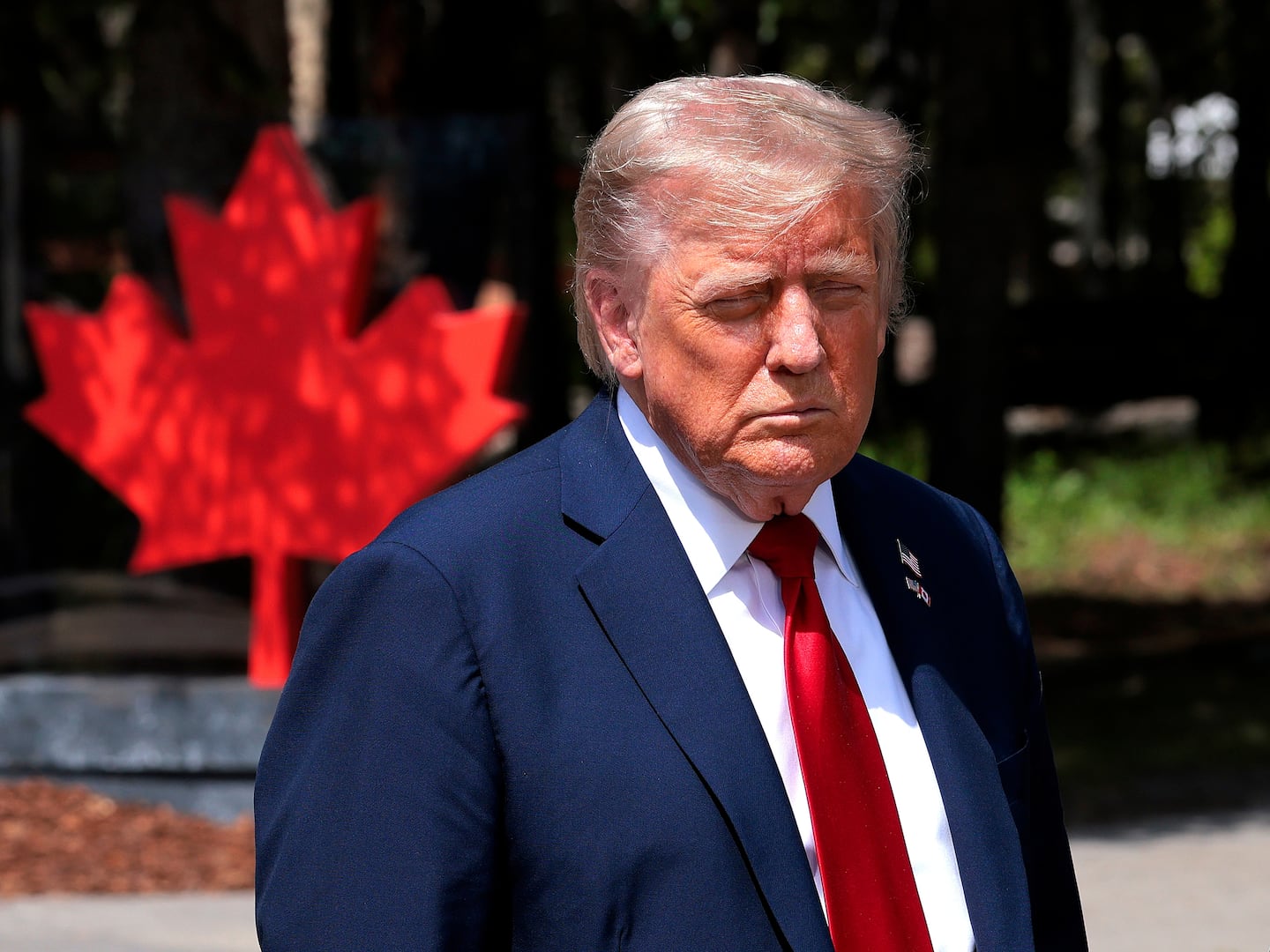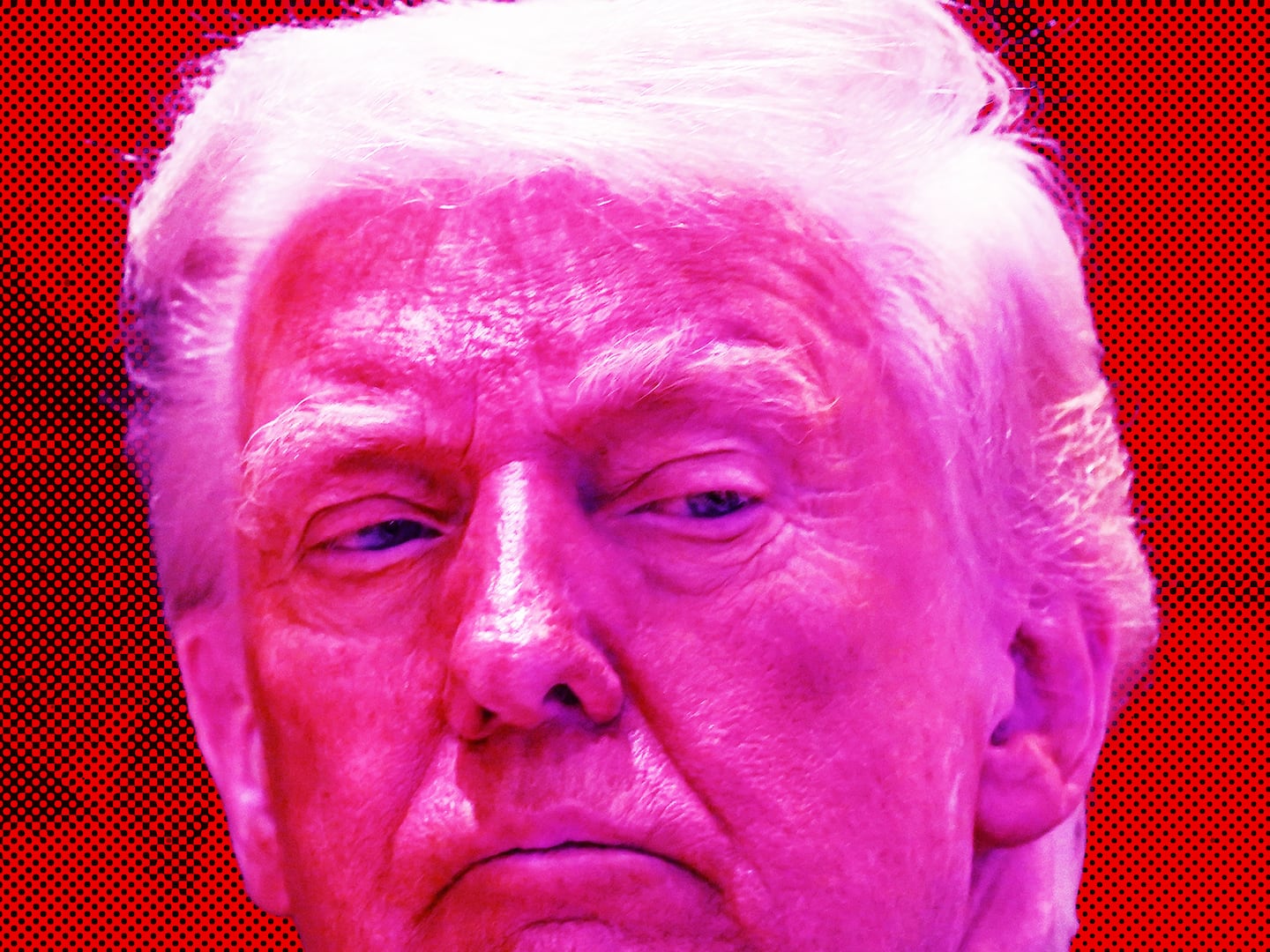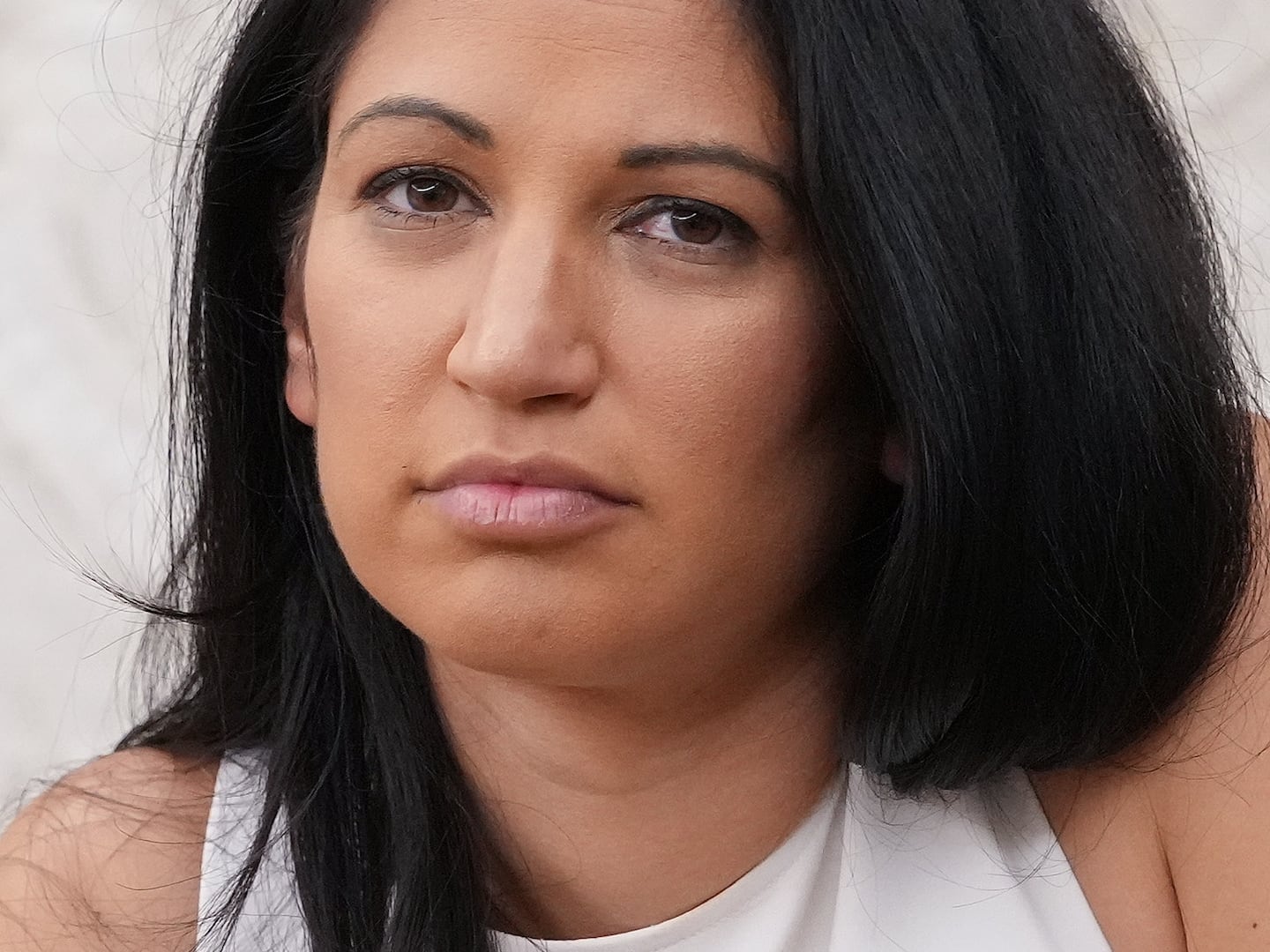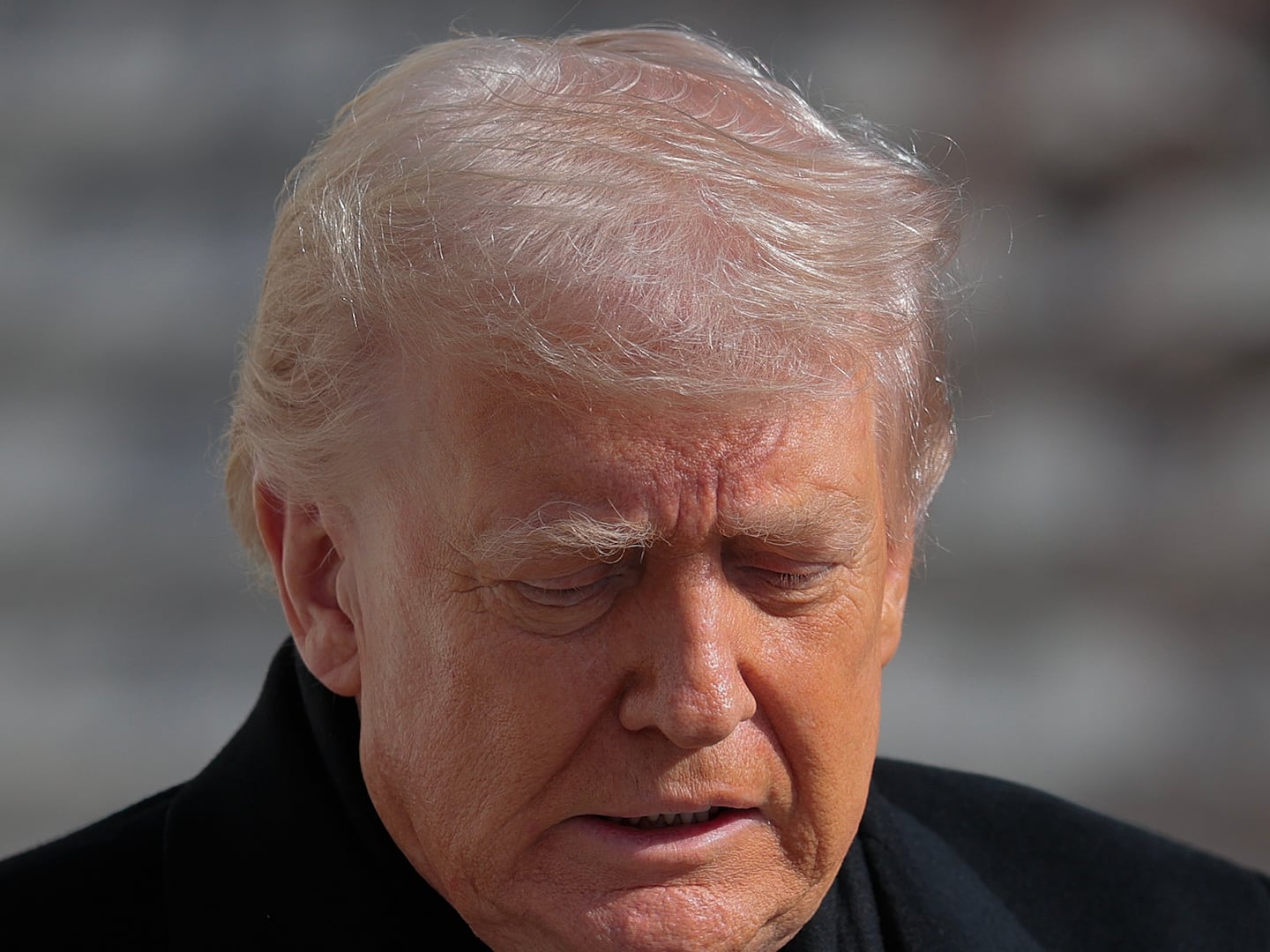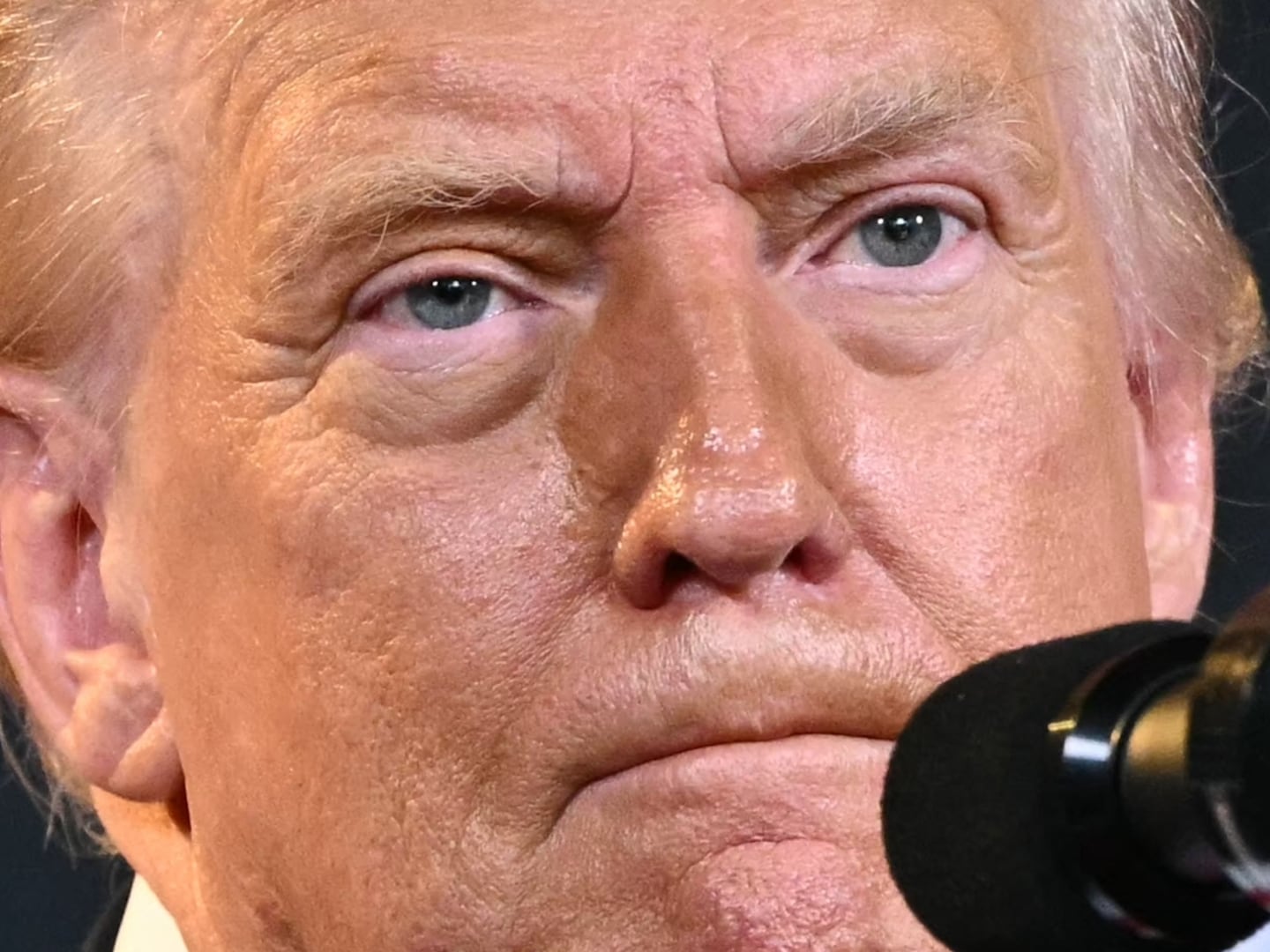What happens when you put on a debate where the moderator doesn’t ask any questions, the candidates don’t disagree on anything, and very few voters even get to watch?
Newt Gingrich and Jon Huntsman did their damnedest to find out Monday.
The one-on-one foreign policy face-off, held Monday afternoon at St. Anselm College in Manchester, N.H., had been hyped as a throwback to the historic Lincoln-Douglas debates of 1858—a contest between competing world views that gave each candidate sufficient time to offer passionate, in-depth explanations of his arguments. And indeed, Gingrich seemed pleased with the outcome.
“This is what we should have a lot more of. This is substantive,” Gingrich said toward the end of the event. “We’re a country in enormous trouble ... We’re not going to solve things with, you know, what’s your solution on Libya in 30 seconds? This not a Hollywood game, this is not a reality show. This is reality.”
All that may be true, but if viewers tuned in expecting an actual debate between the candidates, they probably were disappointed. What they got instead was something more closely resembling a conservative think-tank panel: lots of polite head nodding, dry discussion of Big Ideas, and nary a raised voice, let alone a political jab.
The moderator, local GOP operative Patrick Griffin, made no effort to find distinctions or highlight disagreements, and he appeared content with simply listing topics of discussion and letting the candidates have at it. The discussion was so slow at times that several people in attendance were reportedly caught snoozing, including two reporters and Huntsman’s young daughters.
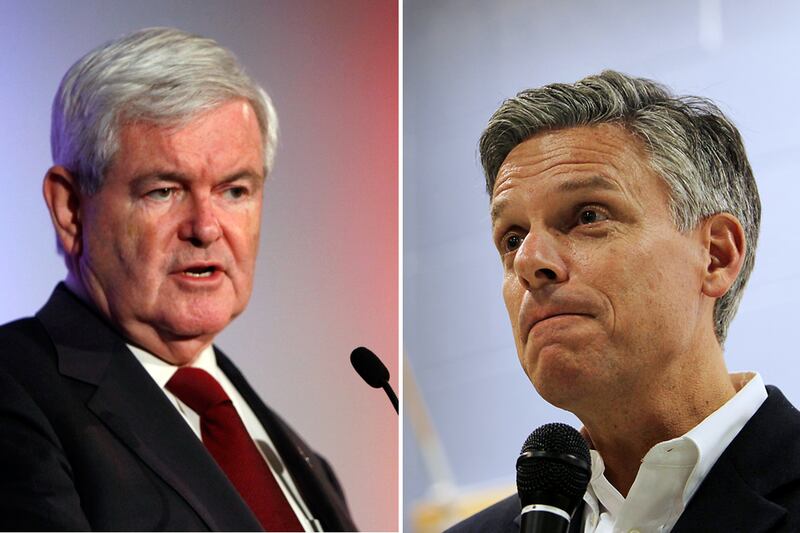
Further diluting the nature of the “debate” was the fact that it was all but un-viewable for the vast majority of Republicans. First, it was live-streamed online in late afternoon, when most people were still at work. Then, when viewers tuned in to C-SPAN at 8 p.m. for the advertised re-broadcast, the event was nowhere to be found; instead they got Rep. Louie Gohmert (R-Texas) delivering a lengthy speech on the House floor about gun control. There was no explanation for the programming change, and C-SPAN didn’t get around to airing the debate until about 10:30 p.m.
Of course, even if C-SPAN had held tightly to primetime precision in its lineup, the viewership would have been vastly smaller than past debates aired on more popular channels—and the campaigns surely knew that. They also knew that one group was all but guaranteed to pay attention: the headline-hungry political press. With that in mind, each candidate came to the debate with his own strategy to advance, and narrative to weave.
So, how did they do?
Newt Gingrich
The surging frontrunner came to the debate Monday with two objectives—and neither of them had anything to do with beating the guy sitting next to him at the table.
The first was to elevate Huntsman as a potential Mitt Romney spoiler. Gingrich knows that Romney remains his biggest threat in the primaries, and he’s hoping to capsize the S.S. Mitt, in part, by letting another moderate candidate with a similar profile poke holes in the bottom of the ship. Huntsman has barely registered in the national polls, but he has been inching up in New Hampshire.
If Huntsman can persuade some Romney supporters to switch allegiance, it only benefits Gingrich at this stage. That’s why the former speaker kept showering Huntsman with compliments at the debate, calling him “extremely knowledgeable” and thanking him repeatedly for having the guts and know-how to engage in such a “sophisticated” discussion.
Gingrich’s other objective was to reaffirm his unmatched ability to convert the conservative id into eloquent campaign rhetoric. On this front he passed with flying colors. Take, for example, his thoughts on President Obama’s efforts to deemphasize Islam in the war on terror.
“It would be like talking about the Cold War and not mentioning communism,” he said. “How do you talk about radical Islamicism if you’re not allowed to say radical Islamist? It’s a willful denial of reality on a scale that is breathtaking.”
Substantively, Gingrich didn’t break much new ground. He reiterated his belief that Obama lacks an overarching doctrine in his use of military force, said the Iranian regime must be overthrown, and disapproves of the way the U.S. dealt with former Egyptian president Hosni Mubarak.
But if he showed up at St. Anselm in hopes of proving to a few hundred New Hampshire students and the D.C. punditocracy that he’s still got his frontrunner mojo, he more than succeeded.
Jon Huntsman
Huntsman’s success wasn’t quite so clear. The former ambassador was at his most diplomatic Monday, dancing around disagreements and heaping enough praise onto his opponent that a post-debate hug wouldn’t have seemed out of place. But while it’s clear Huntsman was trying to establish himself as a more electable alternative to the currently flailing Romney candidacy, he didn’t do much to alter the narrative that he’s a back-of-the-pack contender.
In addition to a nuanced discussion of China, and his call to bring U.S. troops home from Afghanistan immediately, Huntsman was able to once again touch on the theme of his campaign: that the U.S. must strengthen its economy in order to show strength abroad. He has been making this case since he left his post as ambassador to China earlier this year to campaign for the job of his former boss, President Obama. It’s a masterful means of connecting his foreign-policy experience to the most pressing issue of the day: the economy. But it’s not enough to score a last-minute upset.
If Huntsman has any chance of replacing Romney as the party’s center-right candidate, he will have to take on Gingrich, using the frontrunner’s bombast and exaggerated rhetoric as a foil for his broad appeal and electable moderation. Huntsman seemed largely uninterested in drawing any contrasts with Gingrich throughout the debate—until the very end.
After bragging about his “formidable ground operation” in the state, Huntsman took the opportunity to agree with Gingrich’s praise for the day’s discussion. Then he added, “I can’t wait to compare and contrast this format with Donald Trump’s debate with the speaker.”


